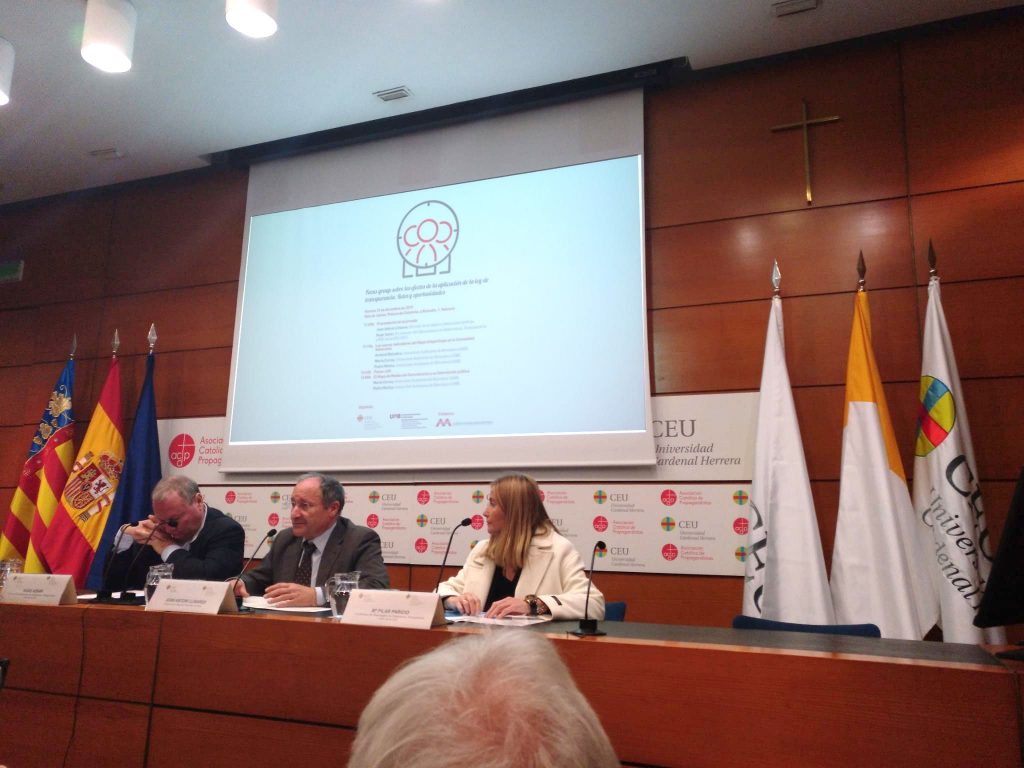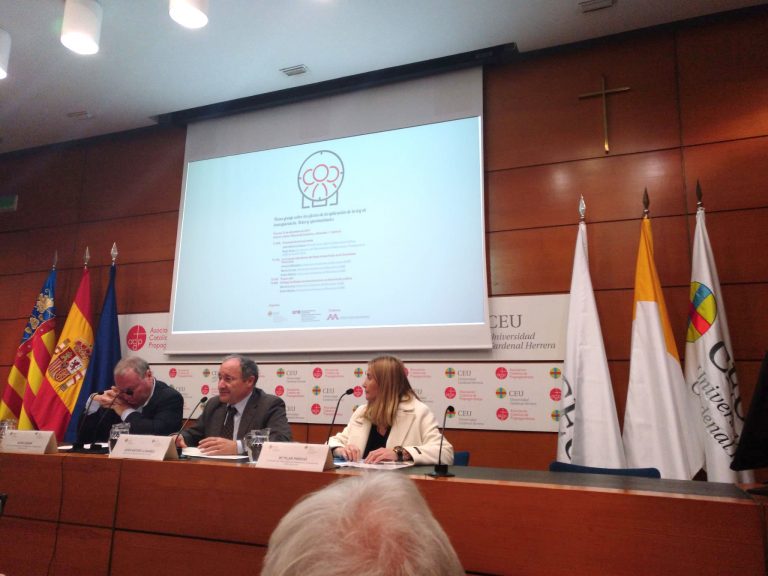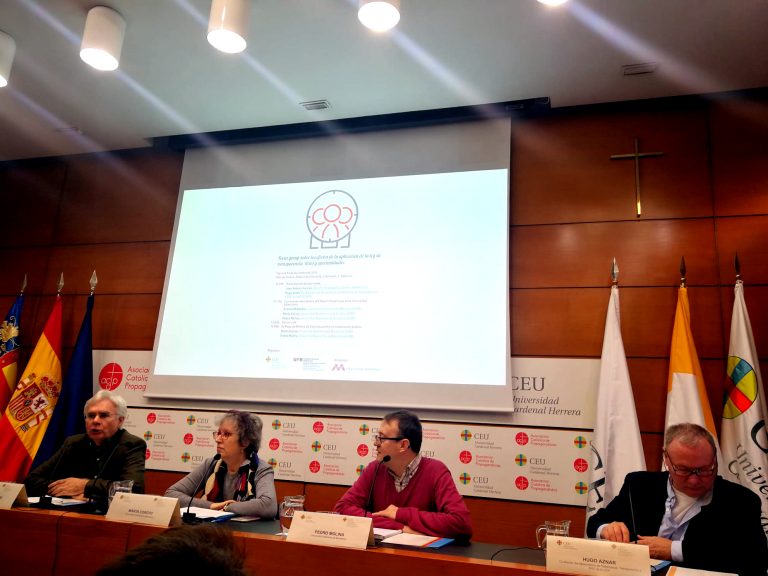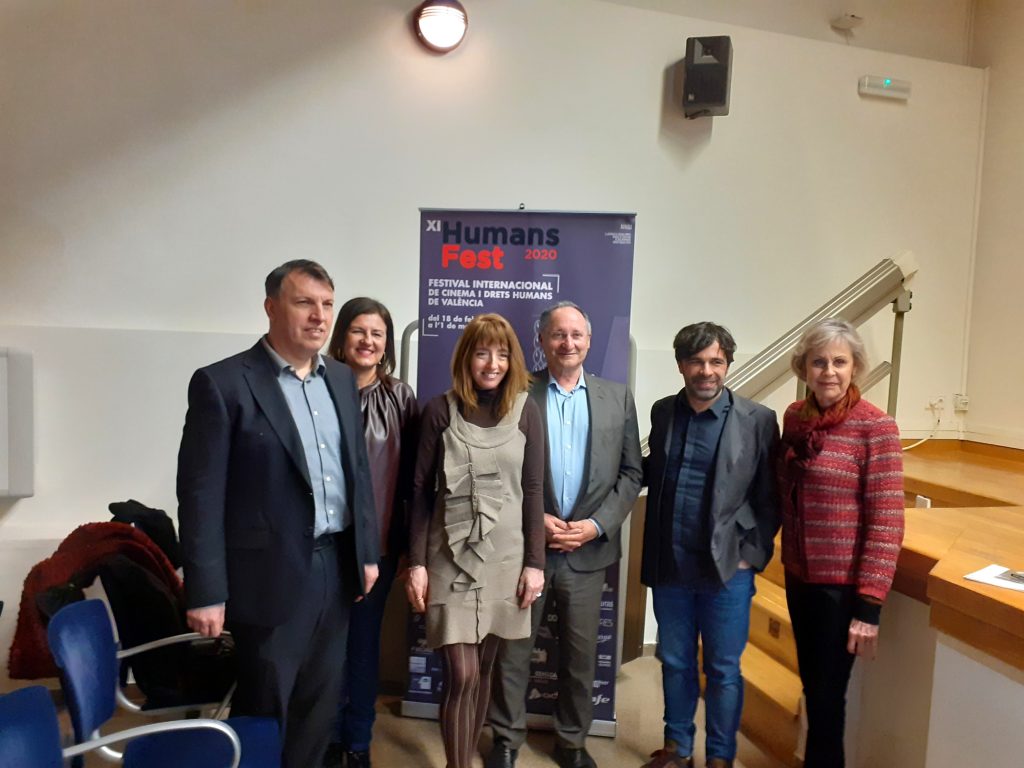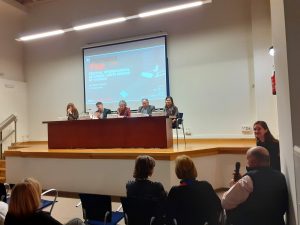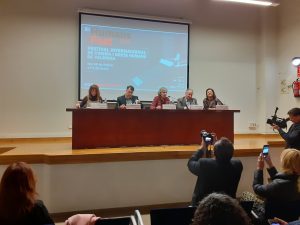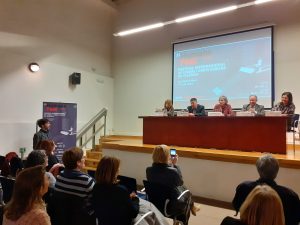The main objective of the conference is to create and consolidate a discussion group on transparency and the quality of information from public administrations, making a diagnosis of the current situation of compliance with transparency in local administrations of the Valencian Community; identification of the challenges for the period 2019-2023, models, methodologies and instruments to improve the quality of this information.
It is intended to analyze and make proposals by answering the following questions:
- What role can Infoparticipa have in the Valencian Community to respond to the current challenges of transparency and quality of information?
- How can Infoparticipa collaborate with other actors, to promote transparency and the human quality of the information?
- How to enhance the public utility of Infoparticipa and advance in the objective of turning it into a reference index for local public administrations in Spain, and define new objectives for 2019 to 2023?
In the conference, presented by the director of the Valencian Anti-Fraud Agency, Joan Antoni Llinares and by the co-director of the Observatory of Governance, Transparency and CSR of the CEU Cardenal Herrera University, Hugo Aznar, they spoke about the New indicators and the Media Map by Marta Corcoy from the Autonomous University of Barcelona (UAB) team.
The Conference has been organized by the Observatory of Governance, Transparency and CSR of the CEU Cardenal Herrera University and by the Laboratory of Journalism and Communication for Plural Citizenship of the Autonomous University of Barcelona with the collaboration of the Valencian Anti-Fraud Agency.


